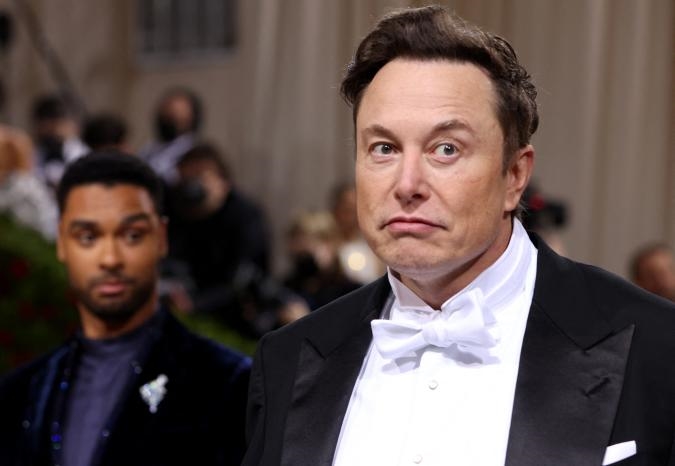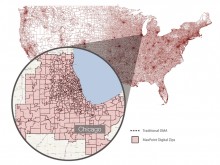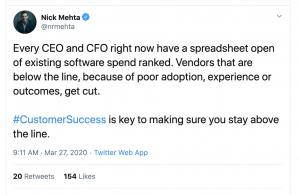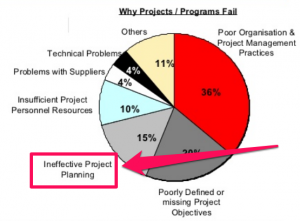Twitter sues Elon Musk for attempting to back out of $44 billion buyout deal
The suit sets the stage for a lengthy legal battle.


Twitter is suing Elon Musk to force the Tesla and SpaceX CEO to complete his $44 billion acquisition of the social media company. The New York Times reports Twitter filed a complaint on Tuesday with the Chancery Court in Delaware alleging the billionaire wrongfully broke his agreement to purchase the platform. In April, Musk announced he was willing to buy Twitter for $54.20 per share, a proposal Twitter accepted less than two weeks later. Since then, the two have gone back and forth in a highly public spat over the number of fake accounts on Twitter.
It all started in May when Musk said the deal was “temporarily on hold” while his team worked to confirm bots represented less than five percent of Twitter’s total userbase as the company has consistently claimed. Less than a month later, Musk threatened to back out of the agreement, accusing Twitter of committing a “material breach” of their agreement by refusing to disclose enough information about the problem.
Twitter responded by giving Musk full access to its “firehose” of internal data, a move that apparently did little to appease the billionaire since on July 8th he told the Securities and Exchange Commission he wanted to terminate the takeover over “false and misleading representations” made by Twitter. All of that brings us to today.
“Having mounted a public spectacle to put Twitter in play, and having proposed and then signed a seller-friendly merger agreement, Musk apparently believes that he — unlike every other party subject to Delaware contract law — is free to change his mind, trash the company, disrupt its operations, destroy stockholder value, and walk way,” Twitter said in its filing.
Pointing to the issue of fake accounts, Twitter alleges Musk didn’t ask the company to share any estimates before he announced his bid. “Musk made his offer without seeking any representation from Twitter regarding its estimates of spam or false accounts,” the company says in its legal briefing. “He even sweetened his offer to the Twitter board by expressly withdrawing his prior diligence condition.”
“Musk propounded these unreasonable requests and touted his contrived narrative about Twitter’s methodologies, all without ever identifying a basis for questioning the veracity of Twitter’s methodologies or the accuracy of its SEC disclosures,” the company later adds. Elsewhere, Twitter points to Musk’s multiple attempts to disparage the company, including his now-infamous poop emoji response to a thread where CEO Parag Agrawal said he was “prepared for all scenarios.”
Another significant part of the lawsuit details Musk’s alleged attempts to derail Twitter’s efforts to retain its best employees amid declining morale at the company. Twitter claims Musk has prevented it from implementing employee retention programs and said that departures have “been on the upswing since the signing of the merger agreement.”
Now that Twitter has sued, it sets the stage for Musk to respond with a countersuit. When that might happen is unclear. It’s also difficult to predict how a case between the two parties could unfold. If the suit moves to a trial, a judge will need to decide if Twitter did not disclose enough information to Musk. As The New York Times points out, the Delaware Chancery Court has forced companies in the past to complete deals. Either way, the lawsuit could take months to resolve.
(30)







